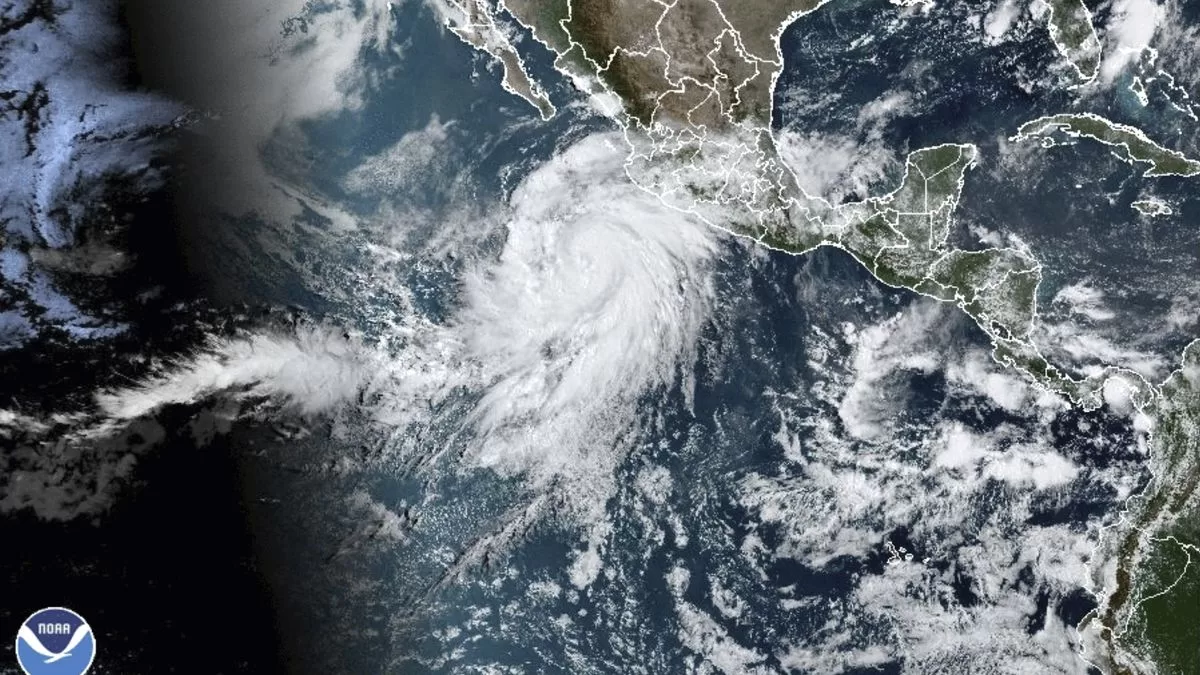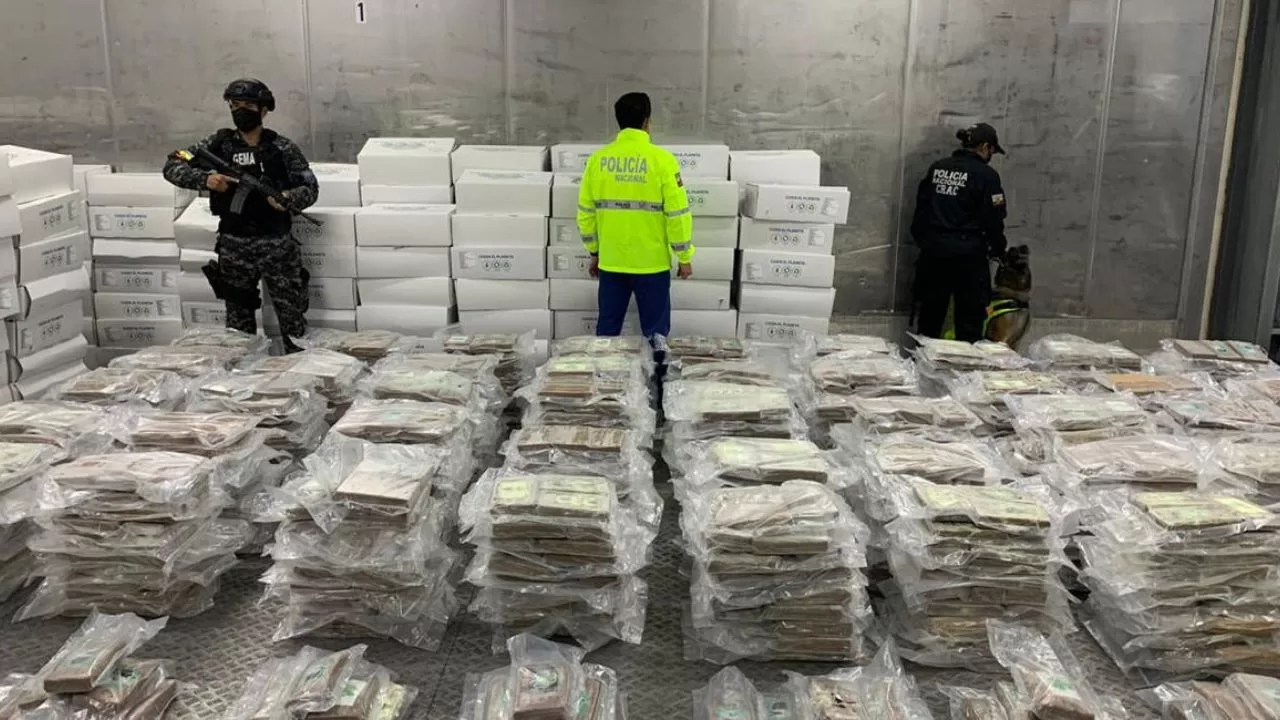In the winter of 1170, at his castle in Normandy, King Henry II was furious that Thomas Becket, Archbishop of Canterbury, had excommunicated several of his loyal bishops. He is said to have exclaimed: “Will no one rid me of this pesky priest?” On hearing this, four knights traveled to Canterbury, where Becket was murdered. When the ensuing scandal broke, Henry insisted that his statement had been misconstrued. He hadn’t said it as an order.
A similar story is now unfolding in Mexico. From the National Palace, President Andrés Manuel López Obrador, who is not yet an absolute ruler but seems to aspire to be one, is furious with his critics, almost all of them journalists, writers and intellectuals. He regularly makes public statements denouncing them, and doesn’t hesitate to give people’s full names, in statements that could easily be “misconstrued.” He has done it countless times, before an audience of millions.
López Obrador has a show called “La Mañanera”, which can be translated as “early riser”. It went on the air on December 3, 2018, two days after he took office. Every morning from 7:00 a.m. to 10:00 a.m., five days a week, the president gives a mock press conference, where very few independent journalists are able to attend or speak. The president’s spokesman also rarely speaks, instead preparing questions and distributing them to trusted journalists. It is AMLO who speaks.
His speeches are riddled with ad hominem attacks. Five years ago, the writer Gabriel Zaid compiled a list of López Obrador’s insults against anyone who wanted to discredit him. At that time, the list numbered 80. Today, it is surely longer.
López Obrador also indulges in slander and defamation. Anyone who criticizes him is part of a conspiracy aimed at his overthrow. All of his critics are corrupt, driven solely by material interests. He frequently refers to critics of him as “enemies of the people” and publicly displays his personal information (tax documents, property, photos, videos) to reveal his income and insinuate that it was obtained through disreputable means. .
Among a group of critics considered “enemies”, I have been among the most attacked. To date, I have been mentioned—insulted, slandered, defamed—298 times. Although I have been an outspoken critic of all Mexican governments since the 1970s, AMLO has accused me of selling out to these previous governments and conspiring to bring them back to power.
López Obrador has resented me ever since I publicly criticized him a month before the 2006 election (which he lost by a 0.58 percent margin). He has accused me of “wanting to crush the people” and “causing great harm to Mexico.” He has accused me of “strategizing” to overthrow him. He said I have “asked the President of the United States, Joe Biden, to intervene in Mexico” to name an ambassador (presumably me) to stage a coup. Not long ago, he urged the public to find my home address so he could reveal it to the media.
The president maintains that his attacks are legally unobjectionable. Under Mexican law, public figures can expect to be subject to greater scrutiny than private citizens. This scrutiny can be harsh, aggressive, and even offensive. The acceptable scrutiny threshold is intended to be directly proportional to the relevance of the person in public life. All of López Obrador’s problematic critics are public figures. So, the president reasons, all this is fair game.
But the law is meant to protect free speech, not give the government license to stifle it. The president personally attacks his critics from the seat of executive power and uses public money to do so. His messages and attacks are an integral part of official communications and government broadcasts, which in turn multiply exponentially on social networks. The persecution of López Obrador aims to inhibit freedom.
Are there legal means of appeal? In theory, yes. In practice, no. A feature of the Mexican constitution that has long been a source of pride is the “Amparo,” or protection resource, which protects people against abuses of government authority. If the aggrieved invoke this, we could point out the violation of several human rights enshrined in our constitution: the right to due process and judicial guarantees, to private life, to freedom of expression, to disseminate one’s own ideas and the right of reply .
But the president does not respect these protections.
Then we could turn to the National Human Rights Commission (CNDH) and, in turn, refer our cases to international institutions, which could generate some type of protection. In practice, however, the commission is completely subservient to the government. Even if an international body gave a favorable ruling, the president would probably not comply.
In the eyes of the world, López Obrador is leading us down the road to a one-party state under the control of one man. The cause of freedom is what stands in the way of any attempt to end democracy. We troublesome critics never tire of pointing this out.
López Obrador said that seeing the work of journalist Ciro Gómez Leyva can give you “a brain tumor.” The same week he made an attempt on the life of the driver and newscaster. Those behind the attempt have never been found, and in all likelihood never will be. The president declared that “it could have been a self-attack, not because he invented it, but because someone did it to affect us.”
It may only be a matter of time before one of López Obrador’s critics is assassinated. At that point, the president will say that it was all a plot to bring him down. Or, like King Henry II, he could say that it was all just “a misunderstanding.”


